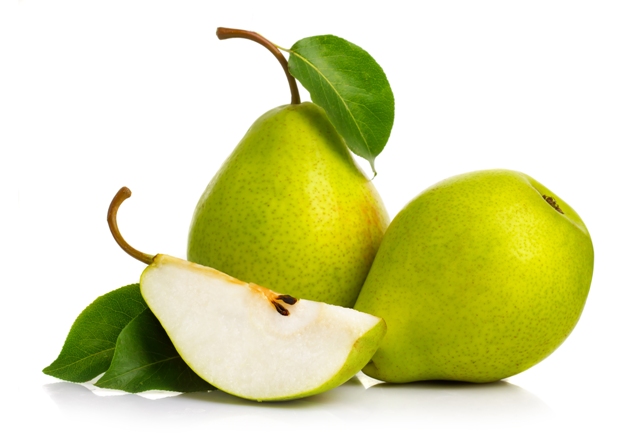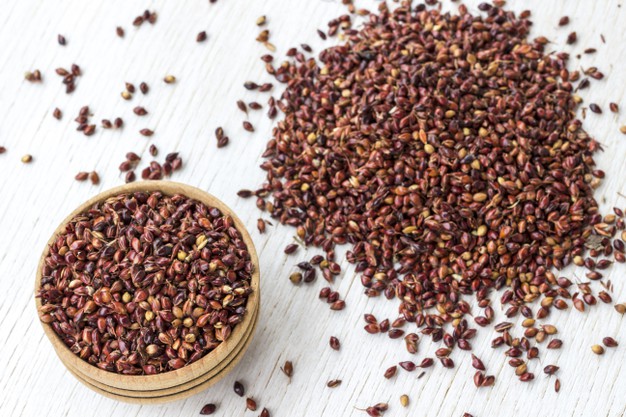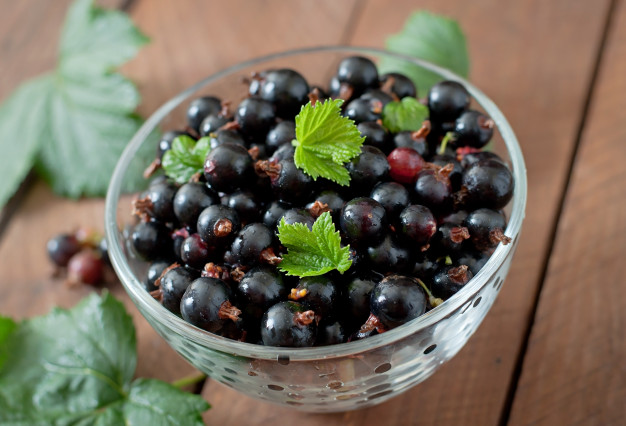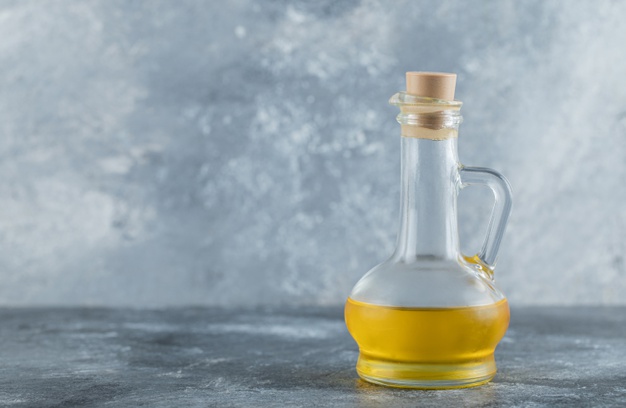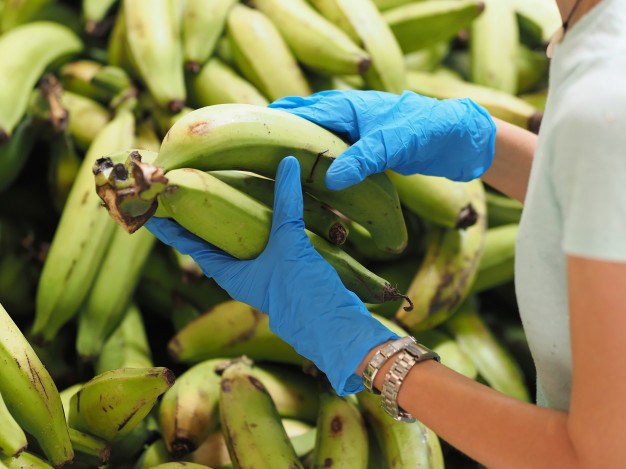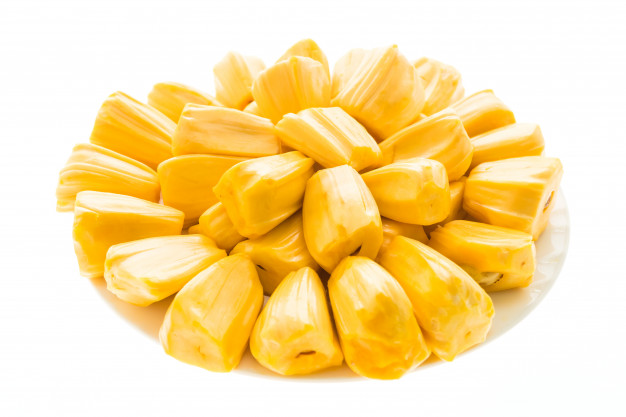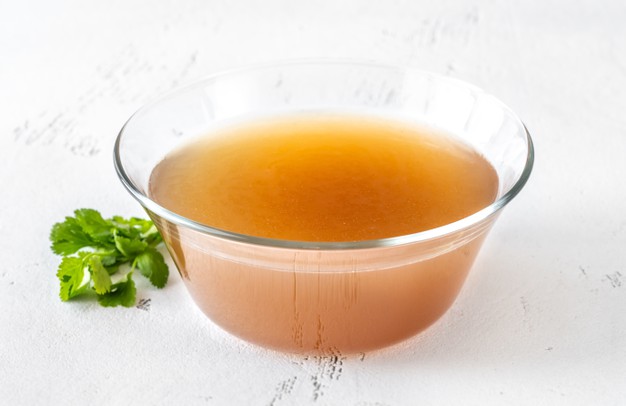Pear is one of the most nutritious fruits that has been used for centuries for various medicinal purposes.
Nutritional profile
- It contains desirable amount of carbohydrates as well as fibre
- It also contains too some extent of proteins and fats but totally free from cholesterol
- It contains adequate moisture too
- It is loaded with various important micronutrients, which include Vitamin A, Vitamin C, Vitamin K, Vitamin B1, B2, B3, B6, B9, calcium, phosphorus, potassium, magnesium, iron, manganese and copper
Important plant compounds
It contains various important biologically active plant compounds that help in exerting numerous nutraceutical activities, such as –
- Anthocyanins – these compounds are responsible for improving cardiac health and also helps in strengthening the blood vessels
- Lutein and zeaxanthin – these two components play significant role in boosting up the eye health and also help in reducing the risk of developing eye disorders especially macular degeneration
- Arbutin – it helps to improve skin health and also helps in protecting the skin from the harmful effects of UV radiation as well as sun burn
- Catechin – it exhibits powerful anti-inflammatory activity and also plays vital role in inhibiting thrombogenesis by suppressing platelet adhesion
- Chlorogenic acid – it exerts potent hypoglycemic as well as hypotensive activity
- Rutin – it is closely related with exerting anti-inflammatory activity
- Quercetin – it exerts potent antioxidant activity

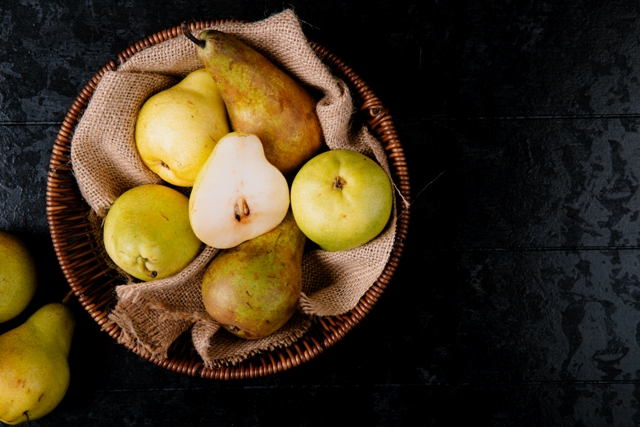
Biological value
Antioxidant activity
- It contains various imperative micronutrients and phytonutrients that act as antioxidant and help to protect the body from free radical induced oxidative damages
- Its consumption is thus thought to be very effective for preventing oxidative stress, which ultimately helps in decreasing the risk of developing chronic diseases
- It helps in preventing cellular damages too and helps in sustaining cellular functions as a result promotes overall wellbeing
Anti-inflammatory activity
- It is packed with antioxidants as well as flavonoids, both of these components play important role in exhibiting anti-inflammatory activity
- Whereas its micronutrient components especially Vitamin C, Vitamin K and copper also exert anti-inflammatory activity
- It helps to delay the onset of inflammatory events in body by decreasing the concentration of inflammatory markers as a result helps in decreasing the susceptibility of developing chronic inflammatory diseases
- It is also associated with preventing swelling as well as pain
- Its consumption is really very effective for improving the symptoms of arthritis, especially rheumatoid arthritis, gout, asthma, inflammatory bowel disease etc

Anti-carcinogenic activity
- Its cinnamic acid and anthocyanin components are accountable for exerting anti-carcinogenic activity that plays vital role in reducing the risk of developing cancers
- Its oxidative stress reducing capacity is also considered as another important factor that helps in reducing the risk of carcinoma. It helps in protecting DNA from damages and also reduces the prevalence of gene mutation, which significantly lowers the susceptibility of cancer
- It also helps in suppressing the growth of malignant cells within body
- It is very effective for decreasing the prevalence of lung, bladder, stomach, breast and ovarian cancer
Detoxifying activity
- It acts as natural detoxifying agent and helps in eliminating toxins from body
- It contains adequate amount of moisture that helps to make the body hydrated and also promotes urination, which ultimately helps in flushing out toxins from body as a result helps to clean the body effectively
Hypotensive activity
- Individual suffer from hypertension should include pear in their diet as it is very useful for reducing elevated blood pressure
- Its antioxidants, glutathione component and potassium component exert potent hypotensive activity, which help in dilating the blood vessel and subsequently reduces high blood pressure

Health benefits
Role on immunity
- Consumption of pear is very effective for boosting up the overall immunity of the body
- Its antioxidant activity plays vital role in preventing the damages of immune cells by protecting them from the detrimental effects of free radicals, which ultimately helps to improve their functionality hence promotes the resistance power of the body that significantly reduces the susceptibility of becoming ill
- Its Vitamin C content helps in promoting the synthesis of WBC that helps to make the body able to fight against infections thus lowers the prevalence of infectious diseases
- Its consumption is also very effective for preventing common cold and flu

Role on digestive health
- Pear is considered as one of the most important therapeutic substance for digestive health
- Its fibre content acts as laxative that helps in preventing constipation by improving bowel movement
- Its fibre content is also responsible for improving overall gut health
- It is associated with promoting colonic health as well and plays vital role in preventing diverticular disease
- Pectin component of pear helps in preventing diarrhoea too
Role on skeletal health

- Calcium, phosphorus, magnesium, copper present in pear help in healthy bone formation and also helps in bone mineralization, which ultimately helps to improve bone mass, strength and bone mineral density
- It also helps in reducing the prevalence of bone thinning as a result helps to lower the prevalence of fractures and osteoporosis
Role on circulation
- Its consumption is very much helpful for increasing circulation and all the credit goes to its iron and copper content
- Iron helps in the synthesis of hemoglobin and RBC whereas copper helps in iron absorption thus helps to support the body to utilize iron properly as a result supports the synthesis of RBC and hemoglobin
- As it is related with improving circulation thus its consumption is believed to be very effective for supplying sufficient oxygen, nutrients and very other important substances throughout the body
Role on skin
- Consumption of pear is very effective for making the skin healthy and supple as it contains numerous skin friendly nutrients that help in nourishing the skin from inside out
- Its moisture content helps in hydrating the skin
- Its Vitamin A content is responsible for improving skin barrier activity
- Vitamin C present in pear helps in promoting skin elasticity
- Its antioxidant activity helps in preventing premature aging
-
 It is also associated with protecting the skin from UV radiation as well as from sun burn
It is also associated with protecting the skin from UV radiation as well as from sun burn - It also helps to improve skin appearance and glow
Role on hair
- It plays important role in promoting hair growth
- It helps to make the hair strong and strengthen
- It is also associated with preventing hair loss
Therapeutic uses
It has been extensively used for various therapeutic purposes, which include –
- It is used as an important therapeutic substance for hyperglycemia. Fibre present in pear helps in decreasing the rate of glucose absorption from intestinal epithelial cells as a result helps in reducing blood sugar load
- It is also considered as an important weight reducing aid. Being a low calorie food it can be safely added in the diet without having the fear of gaining weight whereas its fibre content also facilitates weight reduction by making an individual feel full for long period of time
- It helps in reducing the prevalence of anemia as well
- It also helps in wound healing
- It helps in promoting cardiac health too
- Its consumption also helps in reducing the susceptibility of heart attacks and strokes
Culinary uses
- It can be consumed whole
- It can be also consumed with nuts
- It can be used for preparing smoothie
- It can also consumed with salads

Risk factors
Too much consumption of pear may cause digestive issues thus it is better to consume it as per recommendation.
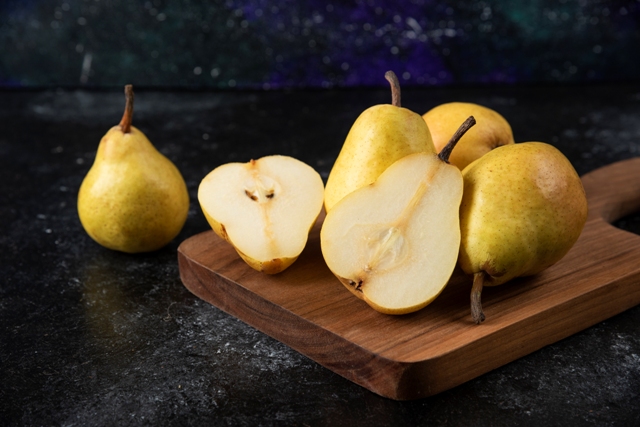
Source:
Hong, S.Y., Lansky, E., Kang, S.S. and Yang, M., 2021. A review of pears (Pyrus spp.), ancient functional food for modern times. BMC Complementary Medicine and Therapies, 21(1), pp.1-14.
Hussain, S.Z., Naseer, B., Qadri, T., Fatima, T. and Bhat, T.A., 2021. Pear (Pyrus Communis)—Morphology, Taxonomy, Composition and Health Benefits. In Fruits Grown in Highland Regions of the Himalayas (pp. 35-48). Springer, Cham.
Nazir, N., Nisar, S., Mubarak, S., Khalil, A., Javeed, K., Banerjee, S., Kour, J. and Nayik, G.A., 2020. Pear. In Antioxidants in Fruits: Properties and Health Benefits (pp. 435-447). Springer, Singapore.
Reiland, H. and Slavin, J., 2014. Health benefits of pear (1021.13). The FASEB Journal, 28, pp.1021-13.
Reiland, H. and Slavin, J., 2015. Systematic review of pears and health. Nutrition today, 50(6), p.301.
